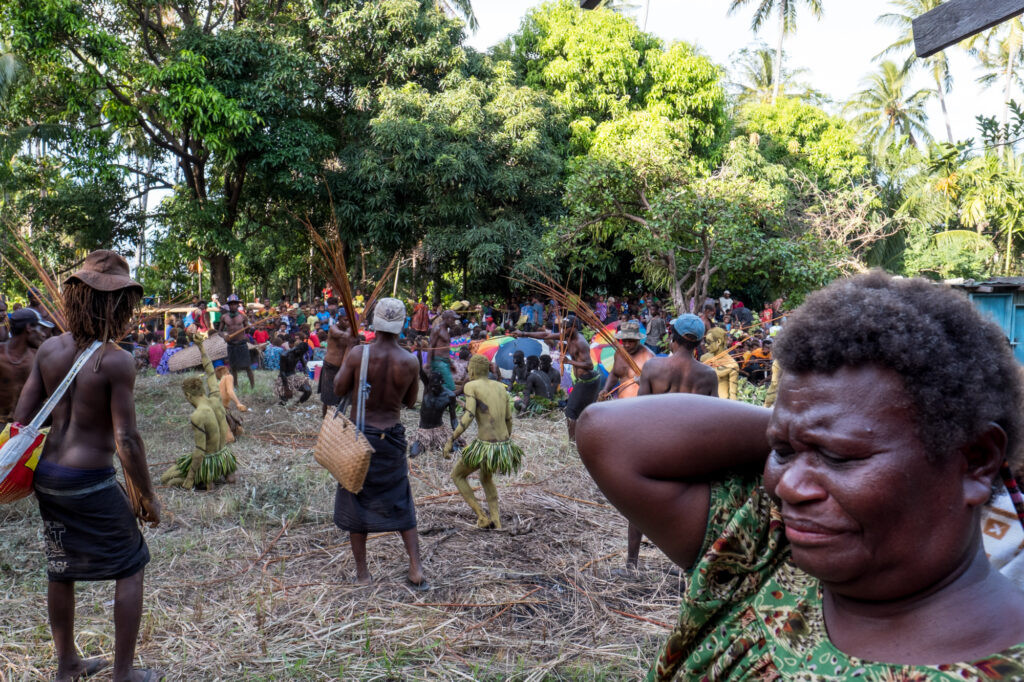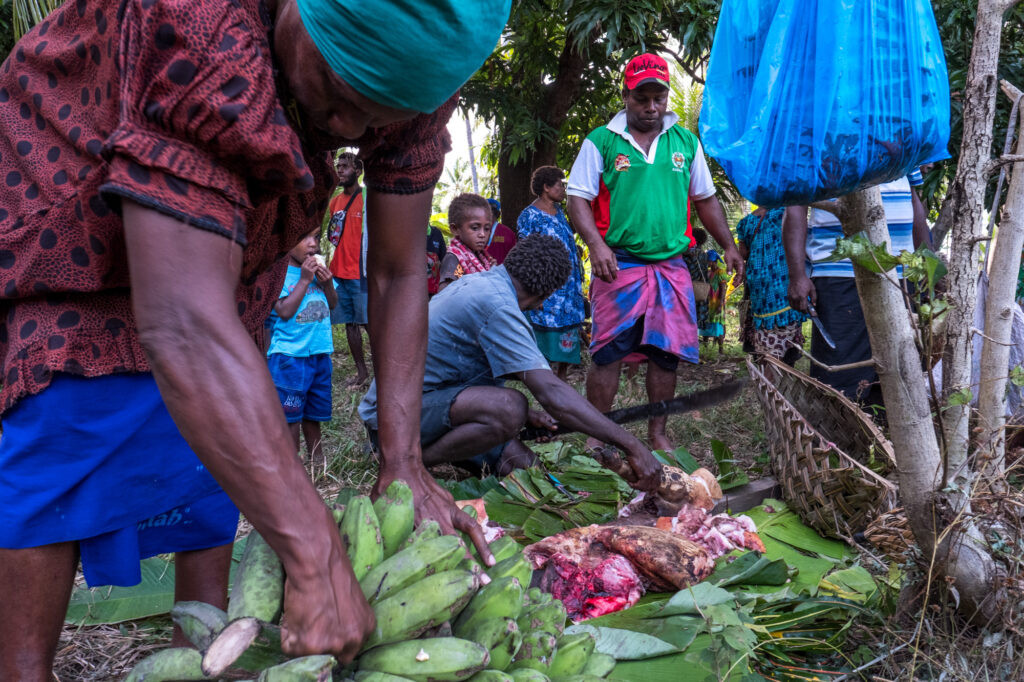Papua New Guinea, a land of staggering biodiversity, boasts an equally rich tapestry of cultures. From its mountainous rainforests to its idyllic tropical islands, volcanic fjords, and vibrant coral reefs, PNG is a country that captivates with its natural wonders and its profound cultural heritage. Home to over 850 languages and more than 1,000 distinct tribes, Papua New Guinea offers an unparalleled glimpse into diverse traditions, and its traditional dances are a particularly striking expression of this cultural wealth.
Each tribe in Papua New Guinea cherishes unique cultural attire, dances, and music, creating a breathtaking spectacle of color and sound during tribal gatherings. To promote and celebrate this heritage, PNG hosts several cultural festivals throughout the year, attracting visitors from around the globe. Beyond these organized events, truly authentic traditional ceremonies, untouched by tourism, can still be found. Participation is often welcomed and free; a simple inquiry within local communities can unlock these remarkable experiences. I was privileged to witness one such event, a performance by a local tribe showcasing their traditional Whip Dance – a ceremony exclusively performed by the Tolai men of East New Britain Province.
 Papua New Guinea Traditional Dance Rabaul
Papua New Guinea Traditional Dance Rabaul
The Tolai Whip Dance: A Display of Tradition and Unity
The Tolai Whip Dance is a powerful and visually arresting male-only ceremony, deeply rooted in tradition. During this ritual, young boys and adult men endure ritualistic whipping on their arms and legs with canes, administered by fellow tribesmen. This is performed in rhythmic unison with the chanting of sacred traditional songs. While the intricate details of the ceremony remain within the domain of men, women are permitted to observe as spectators, highlighting the community-centric nature of the event.
While the Whip Dance can be performed for various significant reasons within the Tolai culture, the ceremony I attended was held to honor a respected member of the tribe who had passed away several years prior. This act of commemoration underscores the dance’s role in remembrance and community bonding. The ceremony’s open invitation was evident, with attendees from neighboring villages, tribes, and even international visitors like myself, all welcomed to witness and partake in this cultural expression. The event commenced with a solemn prayer, setting a respectful tone, before transitioning into the dynamic and captivating Whip Dance itself.
 Dancers in Traditional Attire Participating in a Whip Dance Ceremony
Dancers in Traditional Attire Participating in a Whip Dance Ceremony
The dance unfolds with a striking choreography. One dancer kneels, extending an arm as his partner, facing him, executes a swift, sharp whip motion. The cane cracks loudly as its tip snaps back, momentarily encircling the wrist. This distinct cracking sound resonates through the gathering, captivating the audience and adding to the ceremony’s intense atmosphere.
 Close-up of a Tolai Whip Dancer Performing the Traditional Whip Dance
Close-up of a Tolai Whip Dancer Performing the Traditional Whip Dance
The apparent pain of the Whip Dance is undeniable, though the exact experience remains somewhat enigmatic to outsiders. Having been accidentally struck by a fragment of a broken cane, I can attest to the sharp sting against bare skin. This fleeting encounter offered a glimpse into the physical aspect of the dance, a sensation typically reserved from women participants. Intriguingly, the colorful chalk adorning the dancers’ skin may hold a key to mitigating the pain, hinting at layers of tradition and practice within the ritual.
 Tolai Whip Dancers Adorned with Chalk and Traditional Dress
Tolai Whip Dancers Adorned with Chalk and Traditional Dress
Following the intense dance performance, the dancers are “dusted off,” a symbolic gesture of respect and closure. Guests then present them with shell money, a traditional form of currency in Papua New Guinea, signifying appreciation and reciprocity within the community. The ceremony culminates in a communal feast featuring banana and pork, prepared in a traditional manner, further reinforcing the bonds of community and shared experience.
 Banana and Pork Feast Prepared for Guests at a PNG Traditional Dance
Banana and Pork Feast Prepared for Guests at a PNG Traditional Dance
 Guests Presenting Shell Money to Tolai Whip Dancers After Performance
Guests Presenting Shell Money to Tolai Whip Dancers After Performance
My experience at this Papua New Guinea traditional dance event in Rabaul in July 2018 was truly unforgettable. As the sole tourist among hundreds of villagers, I felt deeply privileged to witness such an authentic cultural expression. The short video clip (https://youtu.be/yGiUjyEkT_8) offers a glimpse into this remarkable event. For many villagers, my presence was a first encounter with a tourist, highlighting the genuine and unspoiled nature of the occasion. It was, without a doubt, an experience of a lifetime.
 Enthusiastic Crowd Watching Traditional PNG Dance Performance
Enthusiastic Crowd Watching Traditional PNG Dance Performance
 Villagers Gathered to Witness and Participate in Traditional Dance
Villagers Gathered to Witness and Participate in Traditional Dance
 Authentic Cultural Exchange at a PNG Traditional Dance Event
Authentic Cultural Exchange at a PNG Traditional Dance Event
 Men Performing Whip Dance Papua New Guinea Traditional Ceremony
Men Performing Whip Dance Papua New Guinea Traditional Ceremony
 Community Celebration at Papua New Guinea Traditional Dance Event
Community Celebration at Papua New Guinea Traditional Dance Event
